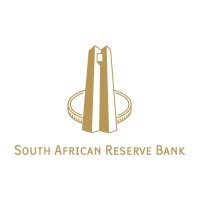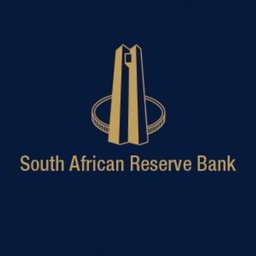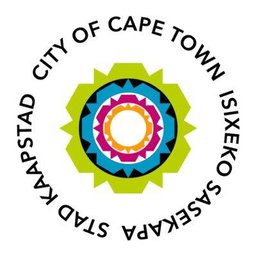Brief description
The main purpose of this position is to help create and implement frameworks for monitoring systemic risk and conducting stress tests to ensure the robustness and stability of the financial system. This includes advising policymakers on emerging financial risks and vulnerabilities as well as assessing the soundness of financial institutions under various stress scenarios.
Detailed description
The successful candidate will be responsible for the following key performance areas:
- Assist in finalising and implementing monitoring frameworks for systemic risk in domestic financial institutions.
- Analyse new data and reconcile it with historical trends and other relevant data and sources.
- Conduct research to inform the assumptions and relationships that underpin economic and other models.
- Help build simple models, run short-term simulation exercises, and analyse and explain model results.
- Compile thorough, comprehensive and descriptive reports.
- Understand and apply all methodological standards, techniques and protocols relevant to the work.
- Prepare briefings and presentations on research findings and economic analysis and present these to the internal team.
- Support the skills development of junior specialists by providing guidance on the subject matter within the position’s scope of work.
- Assist in developing and implementing top-down and bottom-up stress testing frameworks, including methodologies, processes and models.
- Support the execution and reporting of stress testing exercises in the financial system to provide input to policymakers.
- Support senior macroprudential specialists in coordinating and analysing stress testing results with relevant stakeholders.
Job requirements
To be considered for this position, candidates must be in possession of:
- a Bachelor’s degree (NQF 7) in Economics, Finance or Statistics, or an equivalent qualification;
- at least two to five years’ relevant job-related experience; and
- a strong background in economics or econometrics.
Additional requirements include:
- knowledge of economic and financial theories;
- knowledge of macroprudential policies;
- understand stress testing in the banking/insurance sectors or a similar environment;
- knowledge of regulatory frameworks and international standards;
- experience with macroeconomic and/or microeconomic modelling;
- experience with data analytics and associated software packages;
- the ability to manage time and work on multiple projects simultaneously;
- facilitation and presentation skills;
- strong interpersonal skills;
- excellent verbal and written communication skills; and
- proficiency in Microsoft (MS) Office products such as MS Word, Excel and PowerPoint.
In line with the SARB’s commitment to diversifying its workforce, preference will be given to suitable candidates from designated groups. People with disabilities are welcome to apply.
The SARB offers remuneration and benefits commensurate with the level of the position and in line with the market. The level at which the successful applicant will be appointed will depend on his/her competence and experience.
About SARB
Primary mandate of the SARB
Section 224 of the Constitution of South Africa states the mandate of the SARB as follows:
The primary object of the South African Reserve Bank is to protect the value of the currency in the interest of balanced and sustainable economic growth in the Republic.
The South African Reserve Bank, in support of its primary objective, must perform its functions independently and without fear, favour or prejudice.
WHAT WE DO
Monetary Policy
The Constitution gives the SARB the mandate to protect the value of the rand. We use interest rates to keep inflation low and steady.
Financial Stability
The SARB has a mandate to protect and enhance financial stability. We identify and mitigate systemic risks that might disrupt the financial system.
Prudential Regulation
The Prudential Authority regulates financial institutions and market infrastructures to promote and enhance their safety and soundness, and support financial stability.
Financial Markets
Open market operations are the main tool we use to implement monetary policy. We manage South Africa’s gold and foreign exchange reserves.
Financial Surveillance
The SARB is responsible for regulating cross-border transactions, preventing the abuse of the financial system and supporting the regulation of financial institutions.
Payments and Settlements
The SARB is responsible for ensuring the safety and soundness of the national payment system, which is the backbone of South Africa’s modern financial system.
Statistics
The SARB provides important economic and financial statistics that present an overview of the economic situation in South Africa.
Research
Research conducted by the SARB focuses on economics, financial stability, banking and emerging trends in finance. Our research supports policy decision-making.
Banknotes and Coin
The SARB has the sole right to make, issue and destroy banknotes and coin in South Africa.



